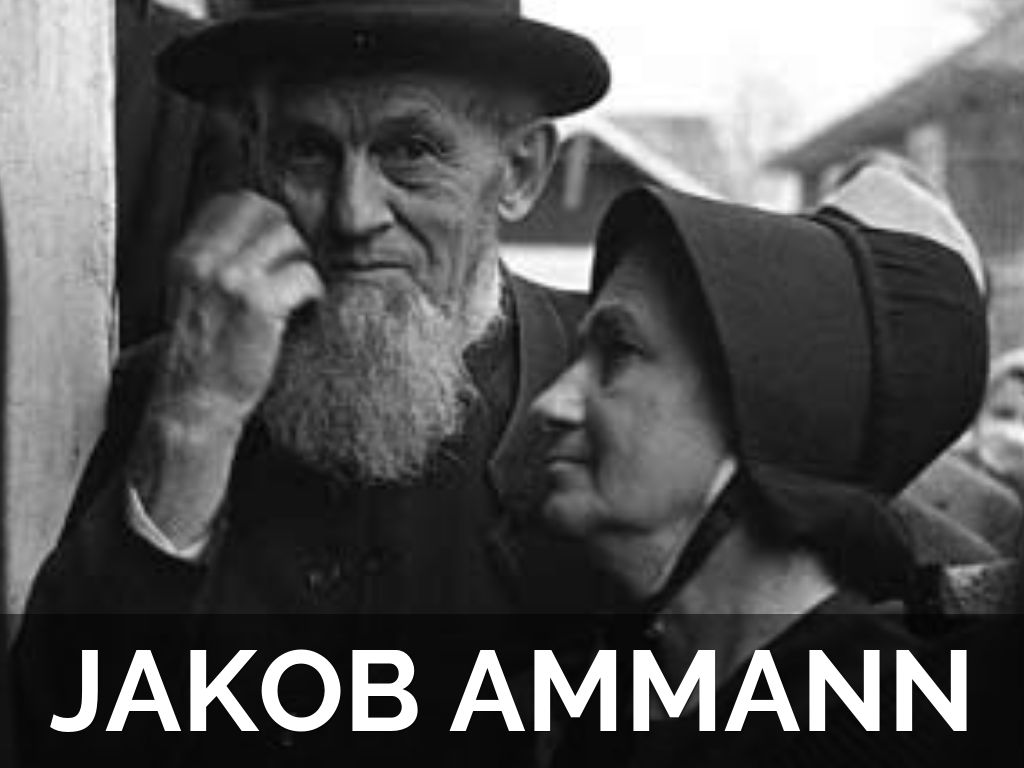The Amish community, often perceived as a relic of the past coexisting with modern society, offers a fascinating study in cultural preservation and the price of technological abstention. As we continue to gallop into the digital age, their simpler way of life both confounds and intrigues those of us who are immersed in technological comforts. But who are the Amish, and what do they truly believe?
A Brief History

The Amish originated in Switzerland in the late 1600s as a subgroup of the Anabaptist Christian movement. Led by Jakob Ammann, they eventually broke away from the mainstream Anabaptists due to differences in religious interpretation, particularly concerning the practice of shunning, or “Meidung,” in the community. Emigrating to escape religious persecution, the Amish arrived in North America in the early 18th century, settling mainly in Pennsylvania.
Core Beliefs
The religious tenets of the Amish are encapsulated in the “Ordnung,” a set of unwritten guidelines that dictate their way of life. A core principle is that of “Gelassenheit,” roughly translated to “surrender” or “letting be,” which encourages humility, calmness, and a deep sense of community.
Separation from the World
The Amish live by the principle of being “in the world, but not of it.” This manifests in their aversion to adopting modern technology, which they believe promotes individualism and takes them away from community and spiritual focus. The level of technological involvement can vary between different Amish communities, but the core philosophy remains the same: a focus on family, community, and faith above all.
Non-resistance and Pacifism
One of the most striking characteristics of Amish belief is their commitment to non-resistance and pacifism. The Amish conscientiously object to participation in wars, and they generally avoid confrontations. Their aim is to live peaceably and to “turn the other cheek” when faced with conflict.
Simplicity and Hard Work
Simplicity is revered in the Amish way of life. Their clothing is uncomplicated, homes are unadorned, and their lifestyles revolve around labor-intensive farming or craftsmanship. This principle goes beyond the material; it’s a spiritual ideology that seeks to minimize distractions from faith and family.

Eli Yoder, a former member of the Amish community, offers a complex and often troubling perspective on life within the sect. According to Yoder, the Amish way of dealing with crimes, particularly sexual offenses, leaves much to be desired. The isolationist stance of the Amish, he suggests, can sometimes serve as a shield to hide grave injustices.
Yoder describes a system where offenders can be easily forgiven if they show remorse and confess their sins to the bishop of the church. They might undergo a brief period of shunning, but if they’re voted to be forgiven, the issue is considered resolved and can never be brought up again. “These victims are in the same homes as some of these perpetrators, and they can easily recommit that crime because there’s no true justice,” Yoder says.
The situation becomes even more disconcerting when victims who speak up face more stringent shunning than the actual perpetrators. “If any victim brings that back up, they get more weeks of shunning than the actual perpetrator,” Yoder adds. This exposes a darker side to the seemingly tranquil Amish life and calls into question how some religious freedoms could be misused to perpetrate and cover up crimes within the community.

The Modern-Day Amish
In contemporary times, the Amish community has not been entirely insulated from the forces of change. While they continue to hold fast to their traditions, economic necessities have sometimes led to compromises. Some Amish now use solar panels, and “Amish taxis” (vehicles driven by non-Amish to ferry Amish people) are not uncommon.
Despite these incremental changes and the complexities highlighted by individuals like Eli Yoder, the core tenets of Amish philosophy—community, faith, and a simpler way of life—continue to thrive. In a world dominated by rapid technological advancements, their resilience serves as a reminder that perhaps, there is more to life than what meets the digital eye.
By understanding the nuances of the Amish way of life, including its darker aspects, we gain a fuller picture of a community that can often seem enigmatic to those on the outside.


Reader Interactions